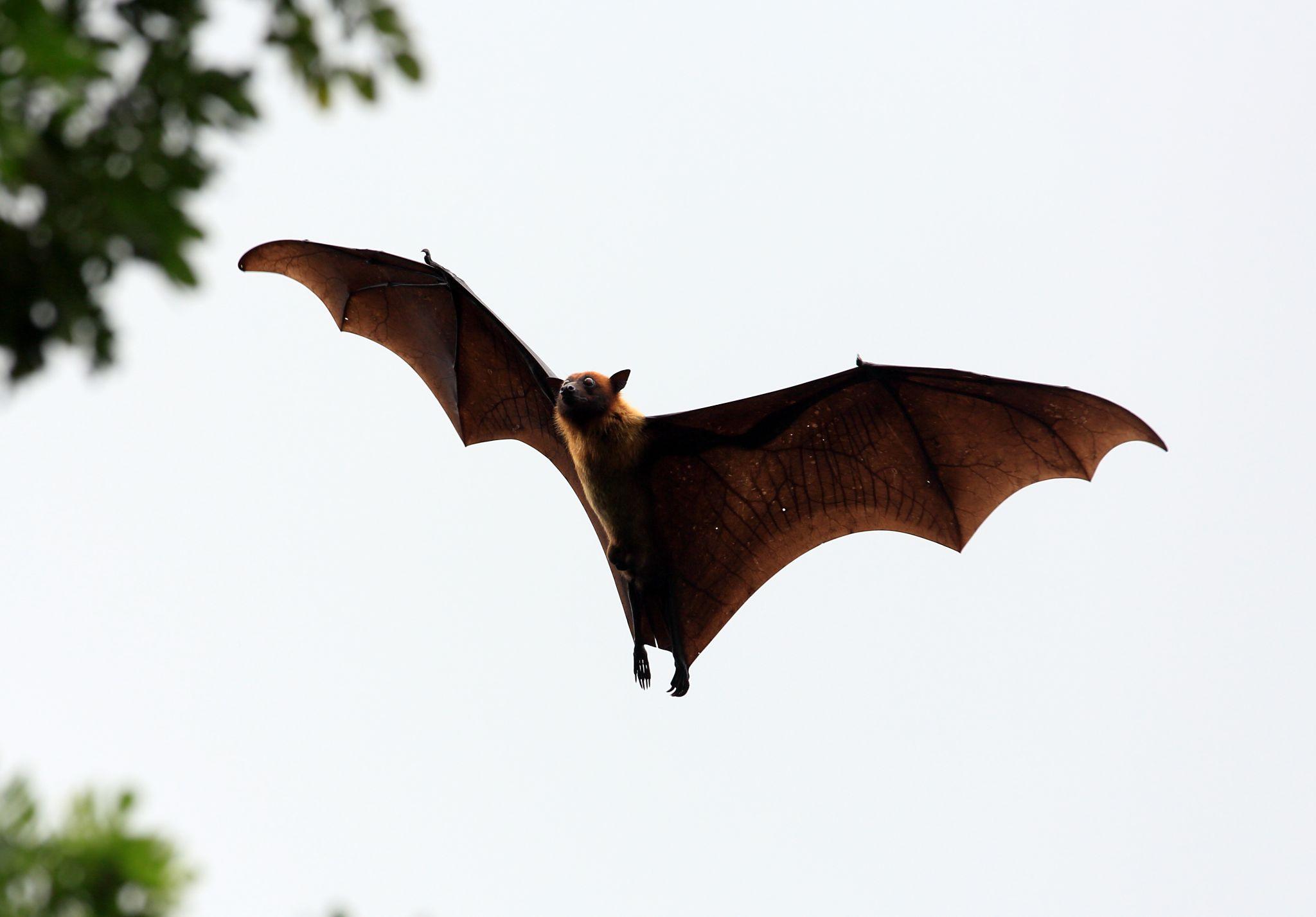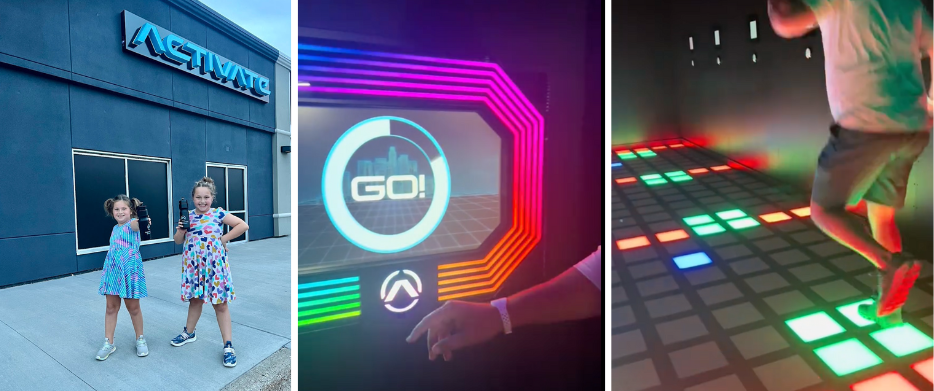In Anime: A Critical Introduction, Rayna Denison uses the phrases �a cultural phenomenon� and �a sliding, shifting category of media production� to describe Japanese animation. When we think about anime this way, it�s also only natural to consider different...
In Anime: A Critical Introduction, Rayna Denison uses the phrases �a cultural phenomenon� and �a sliding, shifting category of media production� to describe Japanese animation. When we think about anime this way, it�s also only natural to consider different genres within anime � one of the most iconic is �mecha� � in the definition that Giuseppe Gatti succinctly provides � �narratives of giant robots piloted by a human within�.
Mecha anime first appeared in the 1970�s, and the genre then evolved in several different directions. Some of the most well-known Japanese animation films and television series of the last several decades belong to the genre, and every year, at least several others try to expand its possibilities. And, for that matter, it is also no surprise that mecha has also attracted a significant amount of scholarly interest � just some examples are essays such as Between the child and the mecha � a reading of the anime series Rahxephon as �an allegory of Lacan�s landmark description of the three stages of subject development�, and �Peace through understanding�: How science-fiction anime Mobile Suit Gundam 00 criticizes US aggression and Japanese passivity.

And now, on November 10, as a part of the Kotatsu Japanese Animation Festival 2023, the Japan Foundation, London is hosting animation journalist and scholar Ryota Fujitsu who will present a lecture on the history of mecha, the way the genre�s features have developed over the years, and some of drivers for these developments.
Friday, November 10, 2023
1:30 p.m. (Eastern time)
REGISTRATION
FUJITSU Ryota is one of Japan�s leading animation critics. He has lectured in the Animation Studies program at Tokyo Polytechnic University, and served as a programming advisor for the Animation Section of the Tokyo International Film Festival. His publications include ?????????? / Anime Hyoronka Sengen (Anime Critic�s Declaration), Tokyo: Fusosha, 2003, ??????????????????????? / Channeru wa Itsumo Anime: Zero Nendai Anime Jihyo? (We�ve Been Watching Anime All the Time, When We Sit in Front of TV!), Tokyo: NTT Shuppan, 2010, a collection of personal reflections and notes on television anime in the years from 2000 to 2010, and ?????? / Anime to senso? (Anime and War), Tokyo: Nippon Hyoron sha, 2021.
The post Japan Foundation Presents � Mecha-Anime appeared first on Anime and Manga Studies.The post Japan Foundation Presents � Mecha-Anime appeared first on Anime and Manga Studies.










